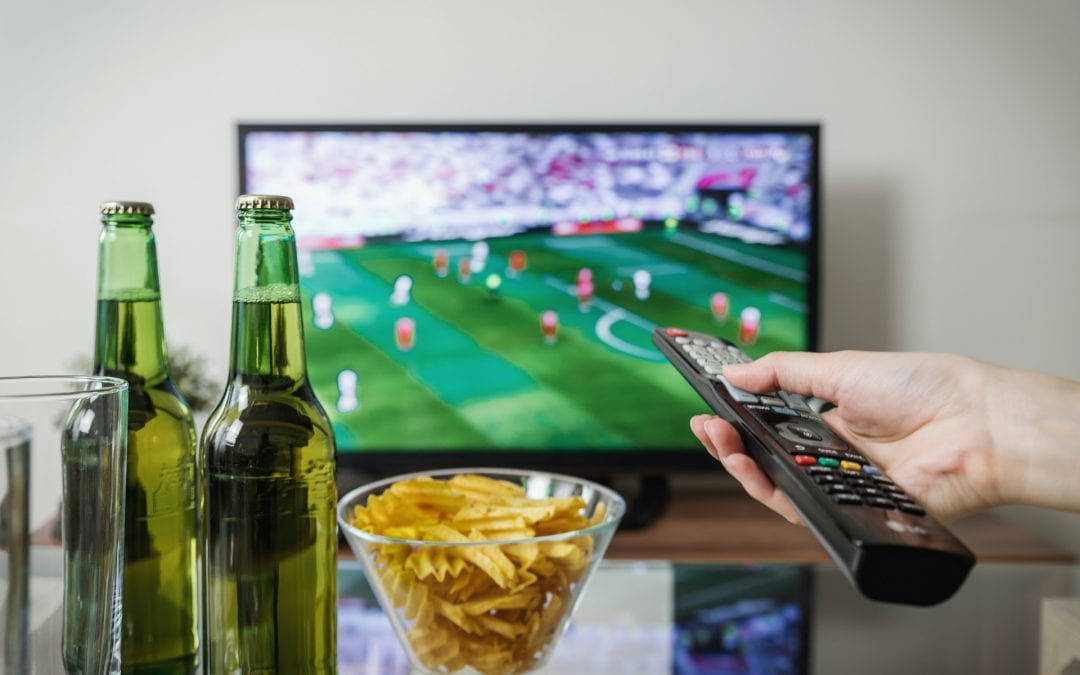MillerCoors, LLC v. Anheuser-Busch Cos., LLC, 385 F. Supp. 3d 730, 739 (W.D. Wis. 2019).
While many people treat television commercials as a bathroom break or an opportunity to glance at their phones, one weekend in February diverges this practice from the norm. The Super Bowl provides viewers with numerous can’t-miss advertisements, ranging from comical to heartwarming to outright competitive. In 2019, a pair of competitive advertisements boiled over into litigation between Anheuser-Busch and Molson Coors.1
In its Super Bowl commercial and subsequent advertising, Anheuser-Busch noted that it manufactured Bud Light using rice, which it slyly opined was a better alternative to corn syrup, an additive used by Molson Coors in two of their light beers.2 The Super Bowl advertisement consisted of the “Bud Light King” and his court attempting to return a barrel of corn syrup to the Miller and Coors kingdoms, implying it was an unhealthy ingredient.3 Several subsequent advertisements consisted of this same theme.4 While some might consider this a trivial issue, Molson Coors took offense to the commercial, saying that consumers could be misled to believe that the final products of Miller Light and Coors Light beer contain corn syrup, when in reality, the ingredient was only used in the brewing process and not added to the final products.5 Accordingly, Molson Coors sued Anheuser-Busch for false advertising under the Lanham Act, 15 U.S.C. § 1125(a)(1)(B).6
Section 1125(a)(1)(B) of the Lanham Act subjects any person to liability for using false or misleading facts in commercials, ads, or promotions regarding the “nature, characteristics, [or] qualities” of goods.7 The district judge concluded that there was some merit to Molson Coors’s argument—although Anheuser-Busch was permitted to release attack ads regarding the corn syrup in the brewing process, they were prohibited from implying that corn syrup was an ingredient in the finished products.8 On appeal, the Seventh Circuit took a different approach.
The appellate court held that Anheuser-Busch’s advertising could not be misleading if Molson Coors acknowledges its inherent truth.9 First, the Court noted that at trial, Molson Coors did not dispute the fact that both Miller Light and Coors Light were brewed with corn syrup. In fact, it pointed to the products’ ingredient lists, which place corn syrup third, and commented that the common usage of the term “ingredient” would lead consumers (or any reasonable person, for that matter) to believe that the final products “contain” such an additive.10 Despite Molson Coors’s insistence that “a list of ‘ingredients’ differs from what the finished products ‘contain,’” the Court determined that the use of such a vague term was an invitation to competitors to use it against them, and the testimony from Molson Coors managers stating that the beer “‘contains’ what’s on the ingredient list” was the straw that broke the camel’s back.11
Ultimately, the Seventh Circuit reversed and remanded the case for the false advertising claim, holding “it is not ‘false or mis-leading’ for a seller to say or imply, of a business rival, something that the rival says about itself.”12 In his opinion, the legendary Judge Easterbrook iterated his concerned of using litigation to interfere with competition in the free market, stating that Molson Coors had every opportunity to retaliate against the advertising with its own rebuttals.13
Although the Seventh Circuit decided that Anheuser-Busch’s commercials were permitted, it is important that companies should take a cautious approach when creating advertisements that attack their competitors. First, the outcome of this case could have been much different if Molson Coors had not listed corn syrup as an ingredient. If they had not used corn syrup at all, of course, this case may have been decided easily at the trial court level. Regardless, this case is a prime example of the tightrope plaintiffs may walk with a false advertising claim. Adversarial advertising is quite common in the alcohol industry, so it is also important to keep an eye on decisions in numerous jurisdictions. There always seems to be a litigation storm a-brewin’.
- Jo Dale Carothers, Football, Beer, and Court Fights, The I.P. L. Blog (Sept. 25, 2020), https://www.theiplawblog.com/2020/09/articles/ entertainment-law/football-beer-and-court-fights/. ↩
- Molson Coors Bev. Co. USA LLC v. Anheuser-Busch Cos., LLC, 957 F.3d 837, 838 (7th Cir. 2020). ↩
- Carothers, supra note 1. ↩
- MillerCoors, LLC v. Anheuser-Busch Cos., LLC, 385 F. Supp. 3d 730, 736–39 (W.D. Wis. 2019). ↩
- MillerCoors, 385 F. Supp. 3d at 746. ↩
- Id. at 733. ↩
- 15 U.S.C. § 1125(a)(1)(B). ↩
- MillerCoors, 385 F. Supp. 3d at 760. ↩
- Molson Coors, 957 F.3d at 838–39. ↩
- Id. ↩
- Id. ↩
- Id. (citations omitted). ↩
- Id. ↩


